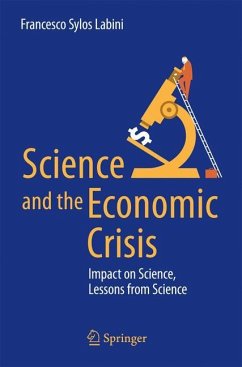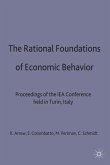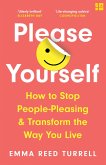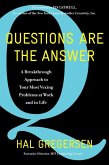This book not only explores the ways in which theeconomic crisis and associated austerity policies have adversely impacted thephysical and human infrastructure and conduct of scientific research, but alsoconsiders how science can help us to understand the crisis and provide originalsolutions. Starting with a detailed but accessible analysis of the scientificmethod and the nature of scientific prediction, the book proceeds to addressthe failure to forecast the economic crisis and the origins of the continuinginertia in economic policy and theory. Attention is drawn in particular to theshortcomings of neoclassical economics in terms of its description of theeconomic system as being mechanical in nature andcharacterized by equilibrium.This perspective mirrors the limitations and outdated ideas of nineteenthcentury physics, which the book contrasts with the insights offered by modernphysics. The impact of neoliberal ideologies on scientific research is alsodiscussed in detail, highlighting their stifling effect on innovation anddiversification. In closing, the book emphasizes the need for stateintervention to guide and support scientific research as the core engine ofeconomic development that will deliver a sustainable future.








